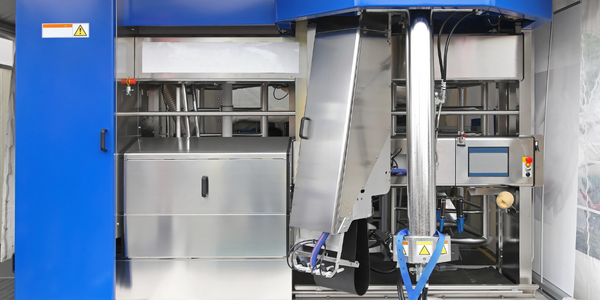公司规模
Mid-size Company
地区
- America
国家
- United States
产品
- Azuga Fleet Tracking Solution
技术栈
- Telematics
实施规模
- Enterprise-wide Deployment
影响指标
- Productivity Improvements
- Cost Savings
适用行业
- 农业
适用功能
- 物流运输
用例
- 车队管理
- 驾驶员表现监测
服务
- 系统集成
关于客户
Sietsema Farms is a family-owned network of farms based in Allendale, Michigan. The business has been dedicated to animal welfare, environmental conservation, and superior products for over 75 years. The farm was awarded Azuga’s Q4’16 “Top Fleet” award, demonstrating their commitment to efficient and effective fleet management. The farm operates a fleet of vehicles for various purposes, including feed deliveries and transportation between different farm locations.
挑战
Sietsema Farms was in search of a modern fleet telematics solution that could seamlessly integrate with their existing software and hardware. The farm was also facing challenges in reducing incidents of hard braking and speeding among its fleet drivers. Additionally, they were dealing with issues of time card abuse, which was affecting their operational efficiency and productivity.
解决方案
Sietsema Farms implemented Azuga’s fleet tracking solution to monitor drivers’ day-to-day behaviors, such as hard braking, sudden acceleration, speeding, and hard cornering. The solution also provided insights into fueling events, idling events, entry/exit into geofences, speeding start/end times, and more. This comprehensive tracking allowed the farm to have a better understanding of their fleet operations and driver behaviors. Additionally, Sietsema Farms introduced a driver rewards program that features complete driver transparency, comprehensive driver scorecards, and rewards for top drivers. This program aimed to incentivize safe and efficient driving behaviors among the fleet drivers.
运营影响
数量效益

Case Study missing?
Start adding your own!
Register with your work email and create a new case study profile for your business.
相关案例.
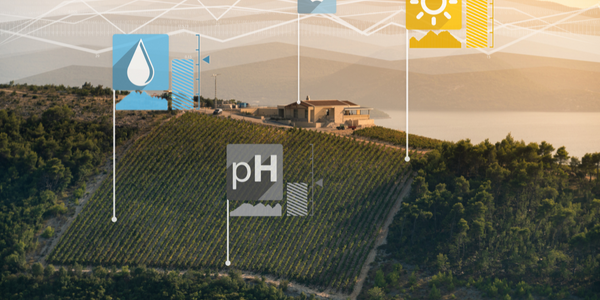
Case Study
Intelligent Farming with ThingWorx Analytics
Z Farms was facing three challenges: costly irrigation systems with water as a limited resource, narrow optimal ranges of soil moisture for growth with difficult maintenance and farm operators could not simply turn on irrigation systems like a faucet.
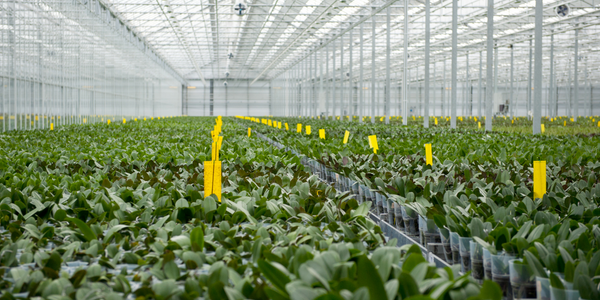
Case Study
Greenhouse Intelligent Monitoring and Control Solution
Farming Orchids is the most successful form of precision farming in Taiwan, and also the most exported flower. Orchids need a specific temperature and humidity conditions to grow and bloom, and its flowering time may not be in line with market demands, so the price collapses when there is overproduction. Therefore, some farmers began to import automated greenhouse control systems for breeding and forcing, which not only improves quality, but also effectively controls the production period and yield to ensure revenue. In 2012, an orchid farmer built a Forcing Greenhouse of about 200 pings (approximately 661 Square Meters) in Tainan, Taiwan. The system integrator adopted Advantech’s APAX-5000 series programmable automation controllers to build the control platform, coupled with Advantech WebAccess HMI/SCADA software, to achieve cloud monitoring. The staff of the orchid field can monitor important data anytime via smart phone, iPad, and other handheld devices, and control the growth and flowering conditions. System requirements: In the past, most environmental control systems of orchid greenhouses in Taiwan used PLCs (Programmable Logic Controller) with poorscalability and control, and could not be connected to the Internet formonitoring from the cloud. For advanced database analysis and networking capability, the PC platform must be adopted. Therefore, PAC Systems (Programmable Automation Controller) with both PLC programming capabilities andPC functions is a better choice.The environmental control of the Orchid greenhouse switches on and off devices like fan, shade net, cooling/heat pump, liquid flow control, water-cooling wall etc. It is controlled by a control panel of electric controllers, and is driven by a motor, to adjust the greenhouse temperature, humidity, and other environmental conditions to the set parameters.
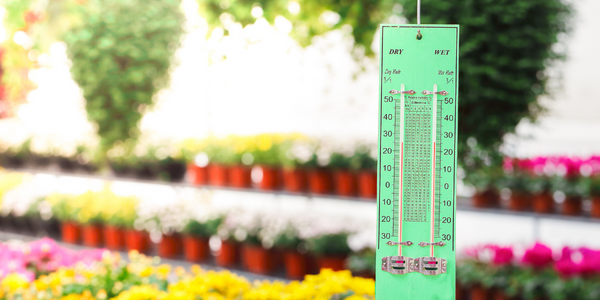
Case Study
Precision beekeeping with wireless temperature monitoring
Honeybees are insects of large economic value and provide a vital service to agriculture by pollinating a variety of crops. In addition, bees provide us with valuable products such as honey, beeswax, propolis, bee venom, etc. Monitoring of honeybee colony health, population, productivity, and environmental conditions affecting the colony health have always been exceedingly difficult tasks in apiculture. Research has shown that even small deviations (by more than 2°C) from the optimal temperatures have a significant influence on the development of the brood and the health of adult bees.
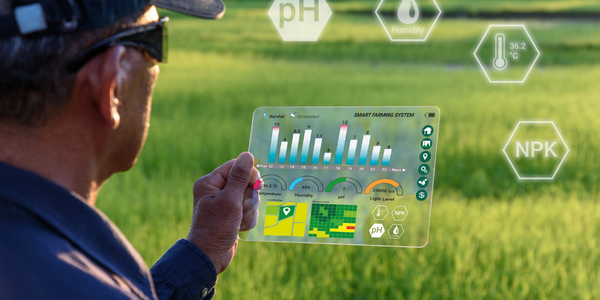
Case Study
Enabling Internet of Things Innovation in Agriculture
DigiBale, wanted to apply technology know-how and IP from implementations successfully to more agriculture sectors including cotton, forestry, sugarcane and cattle. However, farmers and growers still have worries about the connected technology.








